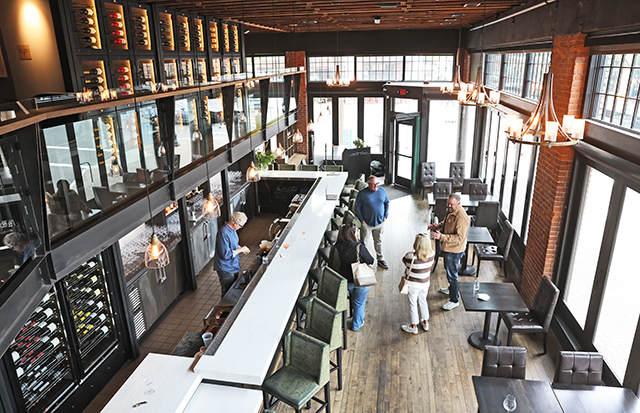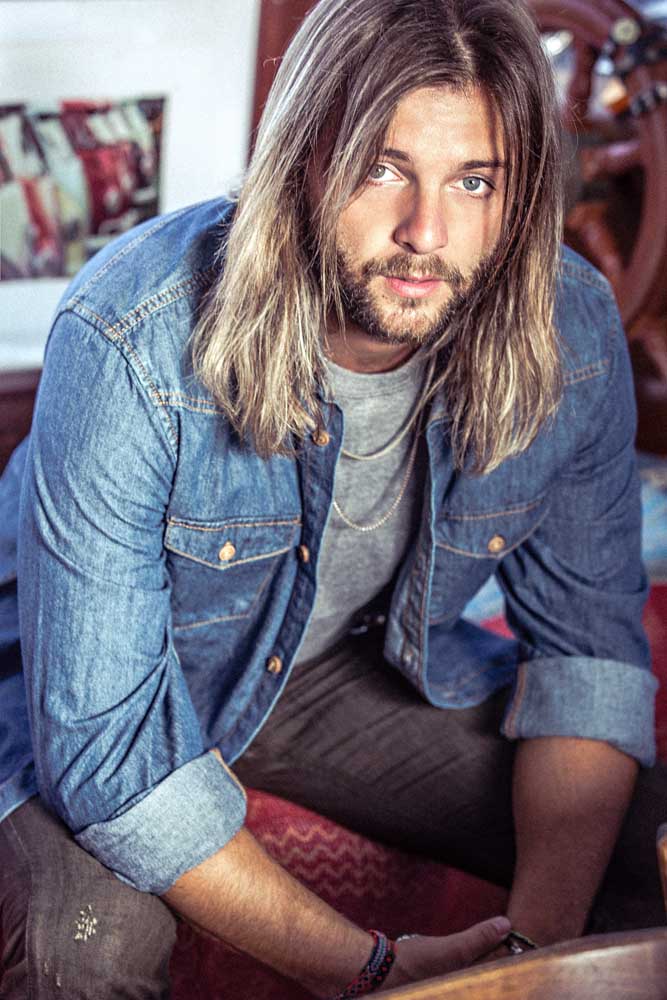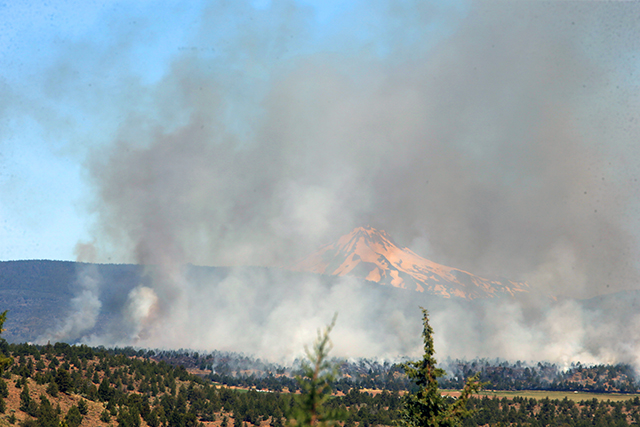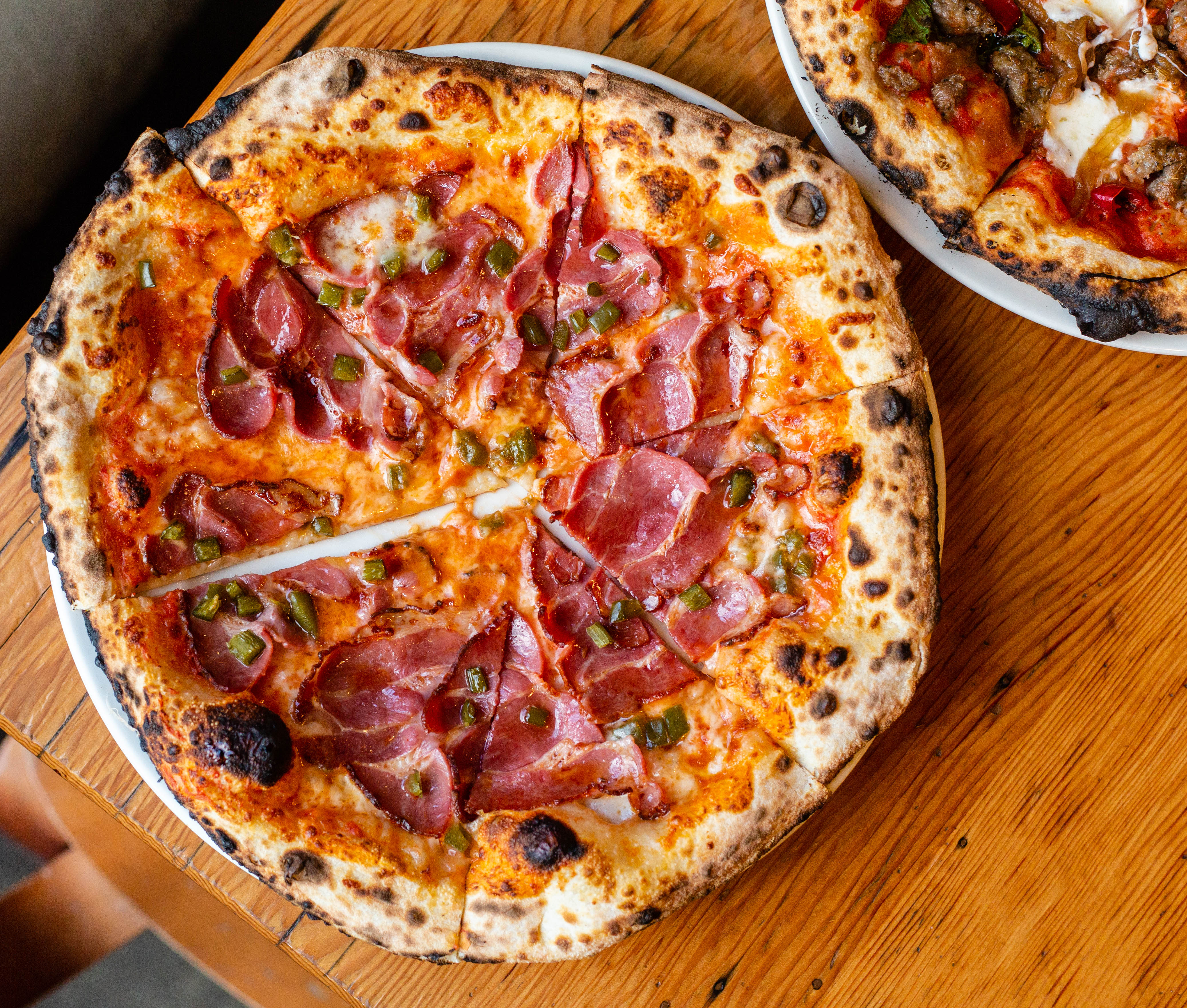Moroccan scholar visits Bend as cultural diplomat
Published 4:00 am Saturday, November 4, 2006
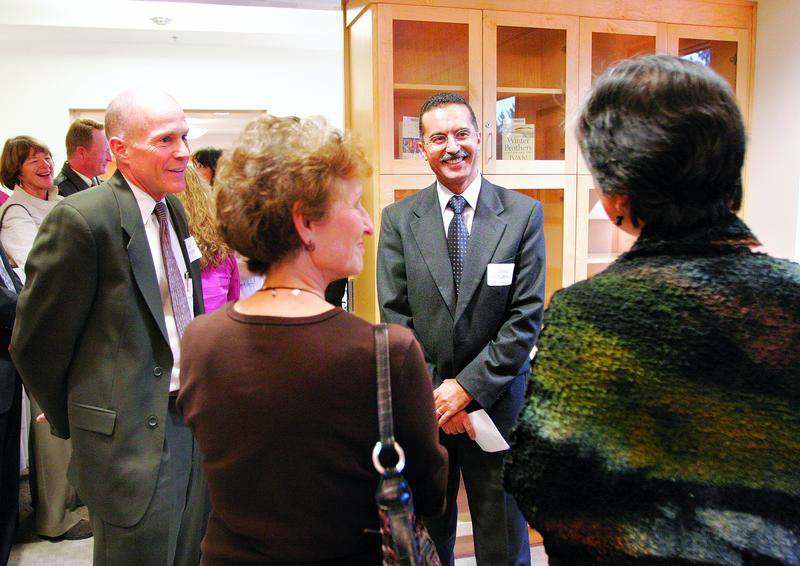
- Dr. Jamal Koubali, a Fulbright visiting specialist at Central Oregon Community College this month to teach about the Muslim world, talks with (from left) Jim Weaver, Jean Fincham and Teresa Bowerman during a reception at the college while Kathy Walsh, rear left, and Matt McCoy look on. Koubali will present several classes and lectures this month to students and community groups in Bend.
Dr. Jamal Koubali grew up Muslim in a Muslim city in a Muslim country.
But his family physician was Jewish, and he lived in a city where people from varying religious backgrounds interacted peacefully.
His home country, Morocco, is more than 98 percent Muslim, but women there freely vote and the nation is acknowledged as one of the most progressive countries in the Arab world.
Surprised?
That’s just the point. Koubali, a Moroccan scholar, is in Bend for a month in part to dispel misconceptions that many Americans may have about Muslim nations.
”My job here is to fortify political diplomacy through cultural diplomacy,” said Koubali, 44.
Koubali is a professor at Cady Ayyad University in Beni Mellal, Morocco, and is in Bend as part of the Fulbright visiting specialist program ”Direct Access to the Muslim World.” His visit is sponsored by the Nancy R. Chandler Visiting Scholar Program.
During his stay in Bend, Koubali will teach two classes at Central Oregon Community College, present a lecture on the campus and participate in an interfaith service with Jews, Christians, Native Americans, Buddhists and others. He also plans to speak at local schools, clubs and other engagements.
It’s a rare opportunity ”both to teach our community about the Muslim world and its people and, we hope, to help him,” said James Middleton, president of COCC. Koubali is one of 50 Fulbright specialists chosen to visit the U.S. this year as part of the program, and one of just 11 hosted by junior or community colleges, Middleton said.
Koubali’s goal for his visit is to strengthen the already strong ties between the U.S. and Morocco and to analyze and discuss how mass media, especially newspapers, shape beliefs and opinions in the Muslim world.
”People in Bend are interested in the Arab world,” Koubali said. ”I’m here to talk about how people see and perceive the U.S. and try to give them an idea about Morocco and the Arab world.”
Morocco
Morocco was ripe for democratization when its new king, Mohamed VI, took the throne of the constitutional monarchy in 1999, Koubali said. Since then, sweeping political changes have included a new family code that strengthened civil rights for women, a reconciliation effort to make amends for past punishment of people who spoke out against the government, and increased freedoms of expression, including the development of newspapers that are an opposition voice in a country where the state controls televised media, Koubali said.
”Independent, liberal newspapers play the role of opposition and engage in new topics of discussion, provocative topics,” he said. ”Newspapers target educated people and are doing … pioneering work. They are the vanguard vis a vis changes.”
Koubali believes newspapers have a critical role to play in democracy, especially in developing countries.
But in places like Morocco, where only 52 percent of the population can read and write, many residents are still getting only the state-sponsored view of the news. Nonetheless, investment in education, human resources and free press can create progress in the Arab world, he said.
”All these elements are complimentary to create a country that is a model to Arab countries,” Koubali said.
There has been criticism of the U.S.-supported changes brought to Morocco, including the recent designation of Morocco as a strategic non-NATO ally of the U.S, and the 2004 signing of a free trade agreement with the U.S. that is bringing millions in foreign investment to the poor country, Koubali said.
”There has been some resistance,” Koubali said. ”The king was criticized by extremists, but when you read the Koran, what the king did was (based on) a true interpretation. Some people exploited the religious text to maintain power.”
Central Oregon
Koubali’s month in Bend is packed with speaking engagements, classes and other activities.
His two-credit class at COCC, ”Accessing the Muslim World,” will focus on media portrayal of Muslim nations. His no-credit, community education class will have a similar focus.
On Sunday, Koubali will participate in an interfaith service that will mark the first known time a Muslim has prayed in public in Central Oregon. Koubali will perform some segments of Islamic prayer, but his focus will be speaking about the unique opportunity for him to pray in a church. In Morocco, as in most Muslim nations, Christianity is not discussed openly and interfaith activities don’t happen.
”It’s unacceptable that the Christians can’t speak about Christianity in Muslim nations,” Koubali said.
Koubali studied in Belgium in a Catholic university, and said he never felt unfairly treated by Christians there.
”Religion for me is something personal,” he said. ”My religion is my direct contact with God. Being good with people is far more important that praying your whole life.”
Koubali will give a lecture Nov. 16 at the Hitchcock Auditorium at COCC (see ”If You Go”). The lecture, ”Is Cross-Cultural Understanding Possible?” will draw on Koubali’s experience with Western and Muslim media to discuss how public reaction and attitudes about world events are shaped. Koubali will address the impact of media on the chances of cross-cultural understanding.
When he returns to Morocco, Koubali will share with students and colleagues what he learned about U.S. media and culture.
Karen Aylward, program director of the Nancy R. Chandler Visiting Scholar Program, sought a specialist from Fulbright’s ”Direct Access to the Muslim World” program. She studied the diplomatic and political history of the Middle East during her master’s program at the Fletcher School at Tufts University and wanted to bring some perspectives on the volatile region to Central Oregon.
”I felt if I could bring a scholar to Bend who had expertise that could bring a broader viewpoint,” people would be interested, Aylward said. ”It’s one of the best ways to see that we have more in common than we have differences.”
Julie Johnson can be reached at 383-0308 or at jjohnson@bendbulletin.com.
If You GoIf You Go
What: Dancing with the Beloved interfaith service, featuring representatives from Muslim, Jewish, Christian, Buddhist and Native American faiths
When: 3 to 4:30 p.m. Sunday
Where: First Presbyterian Church, 230 N.E. Ninth St., Bend
Cost: Free
Contact: 389-6474
What: ”Is Cross-Cultural Understanding Possible?” lecture
When: 7 p.m. Thursday, Nov. 16
Where: Hitchcock Auditorium at Central Oregon Community College
Cost: $3
Contact: 383-7257


